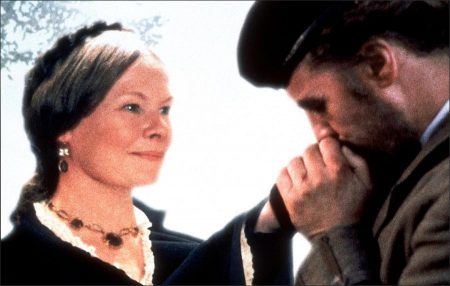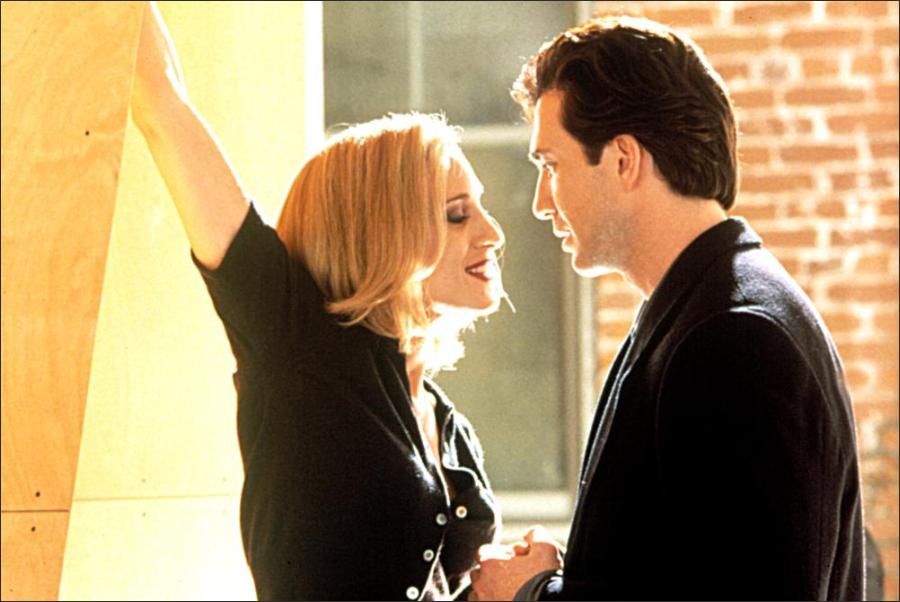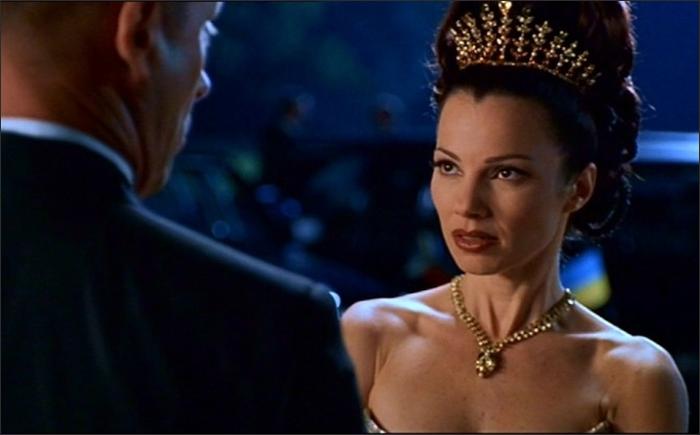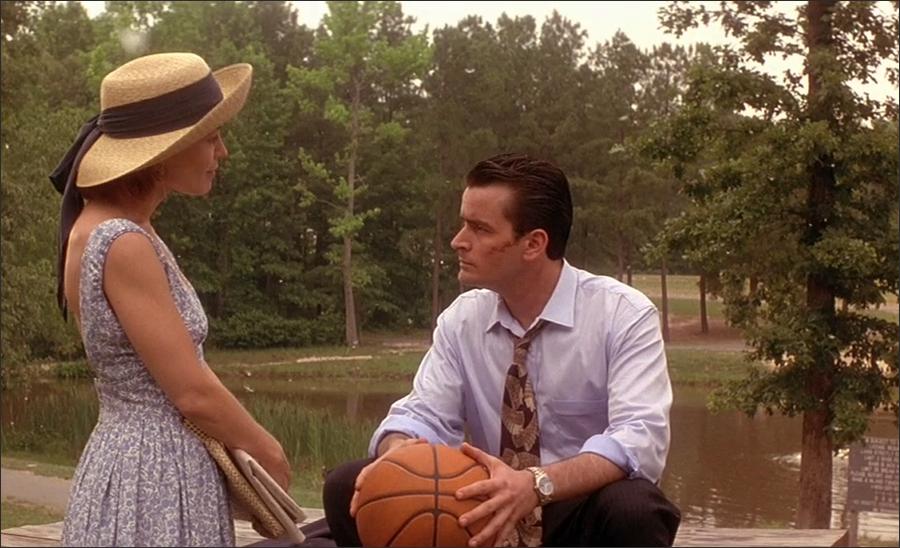Mrs. Brown movie storyline. Several screens of text giving some background are shown before a bust is shown flying over a palace wall and shattering into countless pieces. The film shows the story of a bereaved Queen Victoria (Judi Dench) and her relationship with a Scottish servant, John Brown (Billy Connolly), and the subsequent uproar it provoked. Brown had been a trusted servant of Victoria’s then deceased and beloved Prince Consort, Prince Albert; Victoria’s Household thought Brown might help to ease an inconsolable Queen since the Prince Consort’s death in 1861.
In 1863, hoping to subtly coax the Queen toward resuming public life after years of seclusion, Mr Brown is summoned to court. The plan succeeds a little too well for the servants’ liking, especially Victoria’s chief secretary Sir Henry Ponsonby (Geoffrey Palmer) and The Prince of Wales (David Westhead) as well as other members of the Royal family; the public, press and politicians soon come to resent Brown’s perceived influence over the queen. Brown takes considerable liberties with court protocol, especially by addressing Her Majesty as “woman”. He also quickly takes control over the Queen’s daily activities, further aggravating the tensions between himself and the royal family and servants.
The moniker “Mrs Brown”, used both at the time and in the film, implied an improper, and perhaps sexual, relationship. The film does not directly address the contemporary suspicions that the Queen and Brown had had a sexual relationship and perhaps had even secretly married (see the article on Brown), though cartoons from the satirical magazine Punch are shown as being passed around in Parliament (only one of the cartoons is revealed to the camera, showing an empty throne, with the sceptre lying unhanded across it).
As a result of Victoria’s virtual recluse, especially at Balmoral Castle in Scotland (something initially encouraged by Brown), her popularity begins failing and republican sentiment begins growing. Prime Minister Benjamin Disraeli (Antony Sher) has a weakening hold over the House of Commons and a fear of rising anti-monarchical sentiment in the country. He persuades Brown to use his influence with the Queen to persuade her to return to the performance of her public duties, especially the speech from the throne at the impending opening of Parliament.
Mrs Brown, also theatrically released as Her Majesty, Mrs Brown, is a 1997 British drama film starring Judi Dench, Billy Connolly, Geoffrey Palmer, Antony Sher, and Gerard Butler in his film debut. It was written by Jeremy Brock and directed by John Madden.
The film was produced by the BBC and Ecosse Films with the intention of being shown on BBC One and on WGBH’s Masterpiece Theatre. However, it was acquired by Miramax and released to unexpected success, going on to earn more than $13 million worldwide.
The film was screened in the Un Certain Regard section at the 1997 Cannes Film Festival. Judi Dench was nominated for the Academy Award for Best Actress, but lost to Helen Hunt for her role in As Good as It Gets.
Mrs. Brown (1997)
Directed by: John Madden
Starring: Judi Dench, Billy Connolly, Antony Sher, Geoffrey Palmer, Richard Pasco, David Westhead, Gerard Butler, Bridget McConnell, Finty Williams, Sara Stewart
Screenplay by: Jeremy Brock
Production Design by: Martin Childs
Cinematography by: Richard Greatrex
Film Editing by: Robin Sales
Costume Design by: Deirdre Clancy
Art Direction by: Charlotte Watts
Music by: Stephen Warbeck
MPAA Rating: PG for a beating, language and brief nudity.
Distributed by: Buena Vista International (UK), Miramax (US)
Release Date: July 16, 1997 (United States), September 5, 1997 (United Kingdom)
Views: 122




